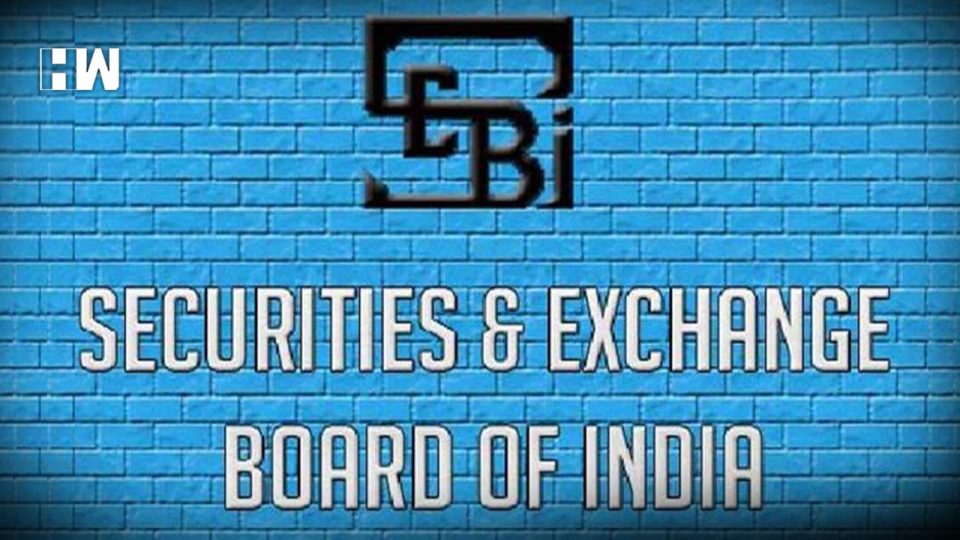Regulator SEBI today decided to amend the norms governing initial public offers, takeovers and buybacks as well as harmonise shareholding patterns in market infrastructure institutions and cap the tenure of managing directors at stock exchanges.
The board of SEBI, at its meeting here, also cleared a draft of proposed amendments to the IPO framework, including the reduction in the time period for the announcement of price band and financial disclosure requirements as well as bringing down the minimum anchor investor size in SME IPOs to Rs 2 crore.
Besides, the category of ‘sub-brokers’ would be done away with and instead, such entities would have to migrate to ‘authorised persons’ or ‘trading members’ category.
Implementing another round of reforms agenda in the securities market, entities going for IPO can announce the price band two days before commencement of the offer whereas the current time period is five days.
In the case of public and rights issues, financial disclosures have to be made only for three years instead of five years requirement at present.
Among others, re-stated and audited financial disclosures in the offer document to be made only on a consolidated basis.
The changes have been decided upon as part of streamlining the regulations pertaining to Issue of Capital and Disclosure Requirements (ICDR).
With respect to ICDR, SEBI Chairman Ajay Tyagi said it is the rationalisation of disclosure requirements, definition of promoter group as well as group companies and reduction in time-frame for the announcement of IPO price band.
Overhauling regulations for ownership and governance norms for market infrastructure institutions (MIIs), the watchdog is looking at harmonising the shareholding limit across all such entities whereas there are restrictions now. Stock exchanges, clearing corporations and depositories are MIIs.
“Eligible domestic and foreign entities may be permitted to hold up to 15 per cent shareholding in case of depository and clearing corporation, as is the case for stock exchanges.
“Multilateral and bilateral financial institutions, as notified by the government, have also been recommended to hold up to 15 per cent in an MII,” it said in a release.
Further, managing directors at the MIIs can have only up to two terms of five years each or up to 65 years of age, whichever is earlier.
In the case of public interest directors, the tenure can be a maximum of three terms of three years each or up to seventy-five years of age, whichever is earlier, and these directors cannot have more than two terms in one MII.
Further, a three-year cooling off period would be applicable for public interest directors before they can become a shareholder director in the same MII or a director in an MII’s subsidiary.
According to SEBI, entities would be given additional time for upward revision of open offer price till one working day before the commencement of the tendering period. Besides, the regulator has decided to introduce a definition for buyback period.
These changes are also aimed at simplifying the language and removing redundant provisions in the existing framework for takeover and buyback.
Further, the concept of sponsor has been removed in case of depositories, with existing sponsor entities being allowed up to five years to reduce their respective shareholding.
“Threshold for submission of the draft letter of offer to Sebi in case of rights issues to be increased to Rs 10 crore as against the earlier prescribed Rs 50 lakh,” Sebi said in a release.
The regulator said the concept of an immediate relative would be retained as against the proposed concept of ‘relative’, while the shareholding threshold for identifying promoter group has been revised to 20 per cent from 10 per cent.
Apart from providing more clarity on the definition of group companies, the regulator has expanded the ambit of anchor investor category.
In order to capture the risks faced by a clearing corporation, it has been decided to adopt a risk-based approach towards computation of net worth for them.
The regulator would come out with a consultation paper for amendments to norms with respect to entities undertaking third-party assignment under securities laws.
The board has also approved setting up of the National Centre for Financial Education (NCFE).
On the proposed amendments to ICDR regulations, Aditya Cheriyan, Partner, Khaitan and Co, said, these steps are taken by SEBI in the right directions.
“These changes get rid of a lot of archaic disclosure requirements and help make disclosures in an offer document more meaningful for an investor to take an informed decision,” he said.
As an independent media platform, we do not take advertisements from governments and corporate houses. It is you, our readers, who have supported us on our journey to do honest and unbiased journalism. Please contribute, so that we can continue to do the same in future.

